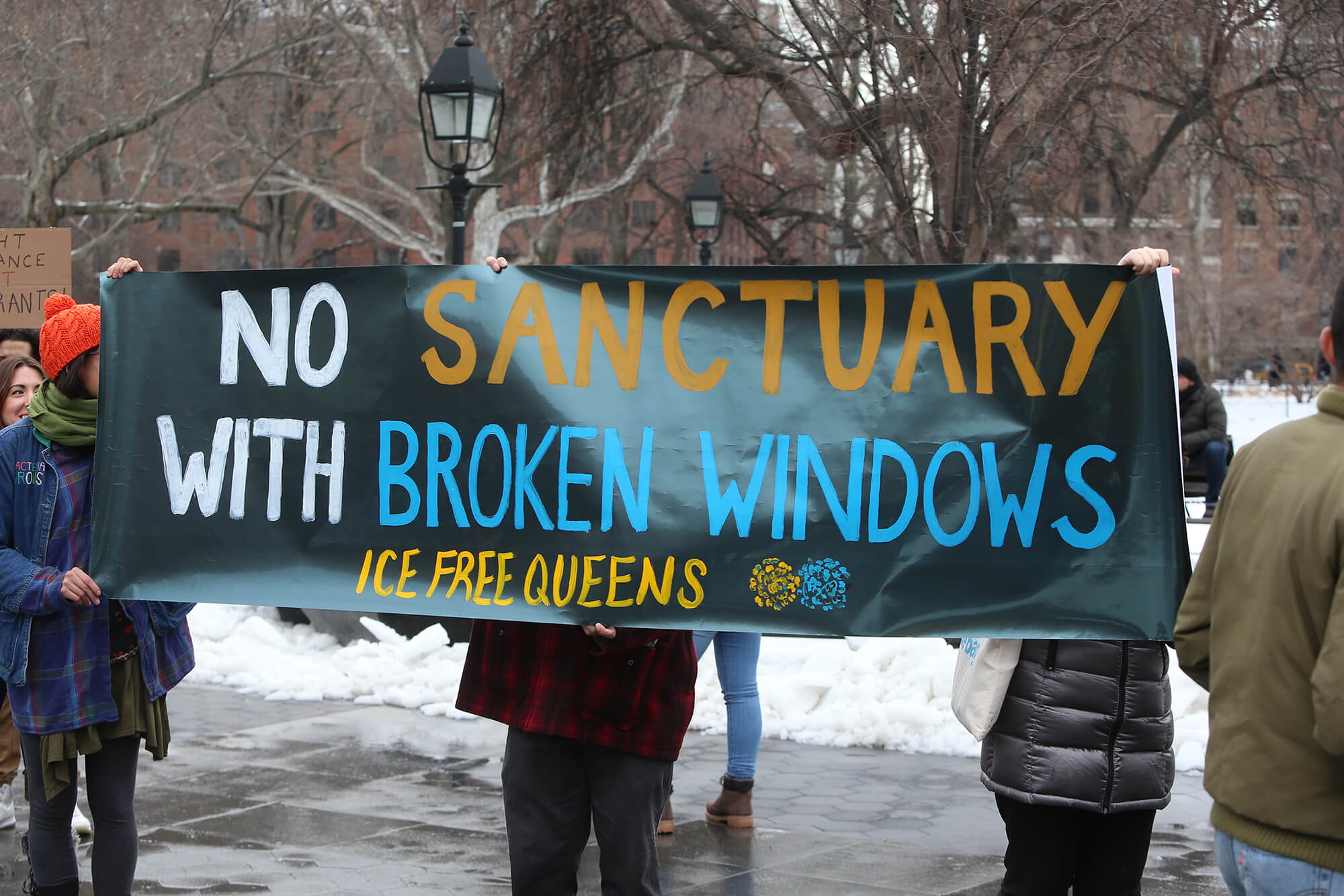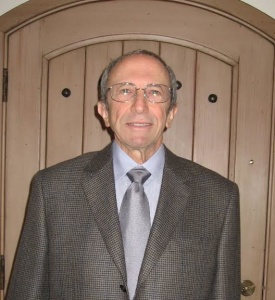It is ugly today, it will be uglier tomorrow and months from now, it will be even uglier. The relentless rounding up of undocumented people living in the United States is the horror that can be ended, if there was a will to end it – and if it were not a source of political feedstock for unyielding positions so close to the Trump presidency.
Mind you, it was not all that pretty under the Obama administration. He signaled his heart was in the right place while the deportations continued. What Obama did was to protect, by executive order, the undocumented who were brought in by their parents while underage. Now there is a report of the first of these dreamers, Juan Manuel Montes, being arrested.
We get little snippets of how ugly the deportations are from time to time in the media: a child bawling her eyes out because ICE policemen have seized her mother. That poor woman is on her way to a country she left because there was little there for her when she committed the crime of settling without papers in the United States; when she availed herself of the opportunity which nearly all American settlers once did: to live and work in freedom and peace.
In writing about the inhumanity of deporting the undocumented, I know what I have opened myself up to a flood of abusive mail, denouncing me as a crypto-communist and much worse. Always the same theme and often the same words inform these communications: “What is it that they don’t understand about illegal?” That is crime enough for those who want mass deportations.
At present the threshold, we are told, is that the deportee should have at some time committed a felony. Under federal law, illegal residence here is not a felony but a misdemeanor. One such crime in some states is driving under the influence. A felony? Yup. By the way, it is a crime for which former President George W. Bush was convicted in 1976.
Things are going to go from ugly to hideous when the federal government brings its might against sanctuary cities. There is the raw combustible material of civil strife here — ugliness in the streets which has not been seen since 1968.
When neither of two options is acceptable, it is time to seek a third way: a compromise.
I have been advocating a compromise which was developed by a quiet, former IRS tax inspector and California university system auditor who lives in Malibu, Calif. He is Mark Jason and his idea is simple: cool things down and get some benefit for local authorities in areas where the undocumented are concentrated.
Jason and his Immigrant Tax Inquiry Group, wholly funded by himself, would recognize the presence of the undocumented and give them a way to remain and live productive lives. His proposal is a 10-year work permit dependent on a tax of 5 percent to be paid by both the worker and the employer. Jason calculates a revenue bounty of $176 billion over 10 years. There would be no citizenship for the worker. This money, Jason says, ought to go to the localities where the undocumented live and to defray the costs of education, healthcare, policing and other essential services.
This third way, this 5-percent solution, would not satisfy the immigrant advocates who want a “path to citizenship” or those who want to throw the baggage out; the dreaded knock on the door, families shattered, dreams turned into nightmares.
I still think we must control immigration, prevent it at points of entry, not when a life has been established and families are at risk.
There is a horror greater than the illegality of an otherwise productive citizen. It is the supreme ugliness of the state sending its agents against the individual, whether it is the state seeking to bivouac troops in private homes, as the English did to the American colonists, or the agents of the state coming into a home to rip it asunder.
That is an ultimate ugliness, unspeakable, unbecoming and, dare I say, un-American.
Photo: NEW YORK CITY – FEBRUARY 11 2017: Several hundred protesters gathered in Washington Square Park to voice support for immigrants & Muslims in light of Trump’s travel ban.


